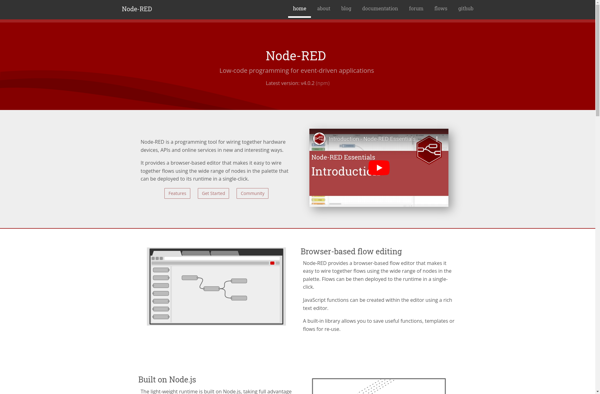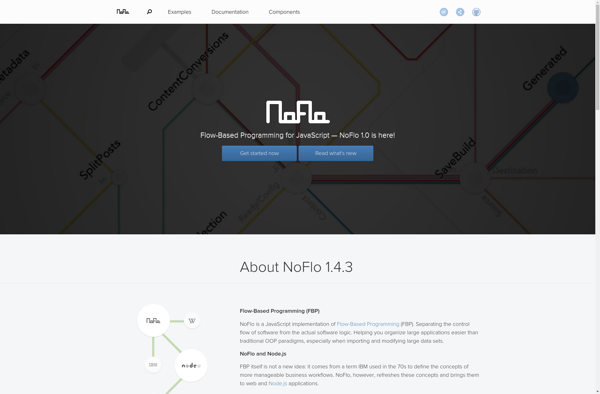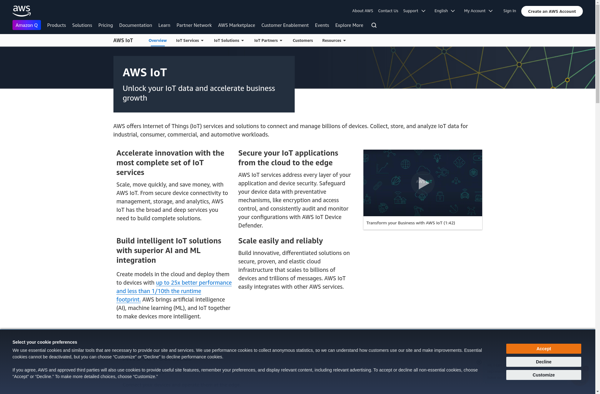OPC Router

OPC Router: Industrial Automation Software
OPC Router enables communication between different OPC servers and clients, acting as a bridge for routing data between OPC systems with incompatibility issues.
What is OPC Router?
OPC Router is an industrial connectivity software designed to enable seamless data exchange between diverse OPC systems in automation environments. It functions as a communication bridge between OPC clients and servers from various vendors, allowing them to share real-time data and interact despite having different underlying technologies.
The key benefit of OPC Router is interoperability. By sitting inbetween OPC client and server applications, OPC Router can translate data being passed between them, overcoming technical incompatibilities that would normally prevent connectivity. This removes the need to have the same OPC technology across the entire control system.
In practical terms, OPC Router allows organizations to upgrade or switch parts of their automation infrastructure without losing critical data flows between existing components. Going from one PLC to another, or introducing a new SCADA system is simplified. OPC Router handles translating tags, namespaces and data types during runtime to maintain system-wide information exchange.
Typical applications of OPC Router are in industrial settings such as manufacturing plants, power generation facilities, oil refineries, etc. It enables their control and supervision systems to keep sharing real-time sensor, alarm and production data, despite having heterogeneous mixes of legacy and modern automation hardware and software.
OPC Router Features
Features
- Bridges communication between different OPC systems
- Supports various OPC standards like OPC DA, OPC UA, OPC .NET
- Routes data between OPC servers and clients
- Manages OPC tags and items
- Provides redundancy and failover capabilities
Pricing
- One-time Purchase
- Subscription-Based
Pros
Cons
Official Links
Reviews & Ratings
Login to ReviewThe Best OPC Router Alternatives
Top Business & Commerce and Industrial Software and other similar apps like OPC Router
Here are some alternatives to OPC Router:
Suggest an alternative ❐Node-RED

NoFlo

SiteWhere.io
AWS IoT
